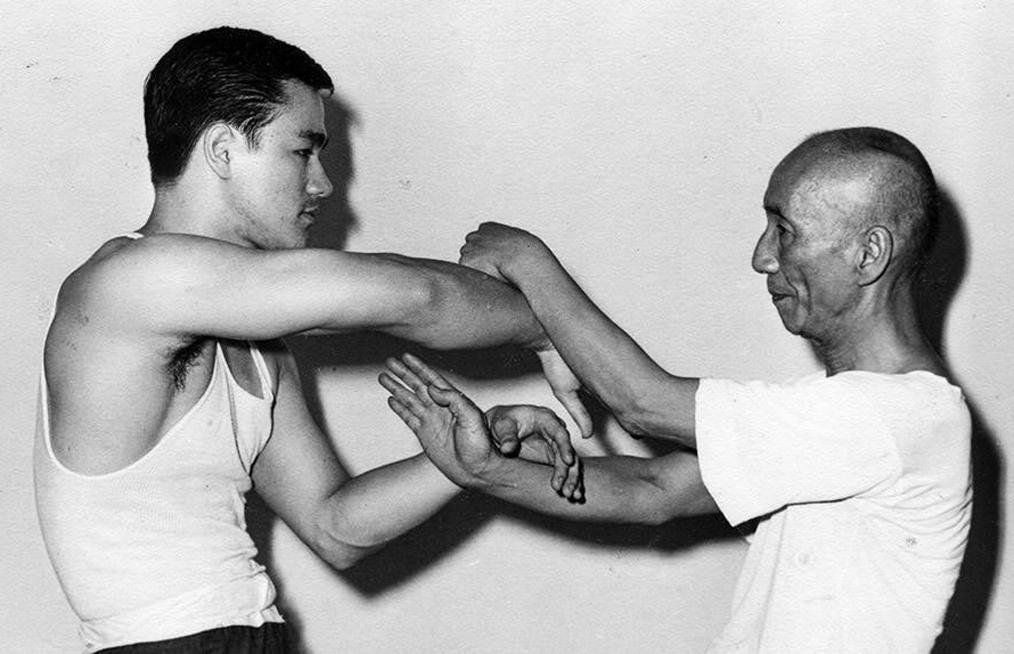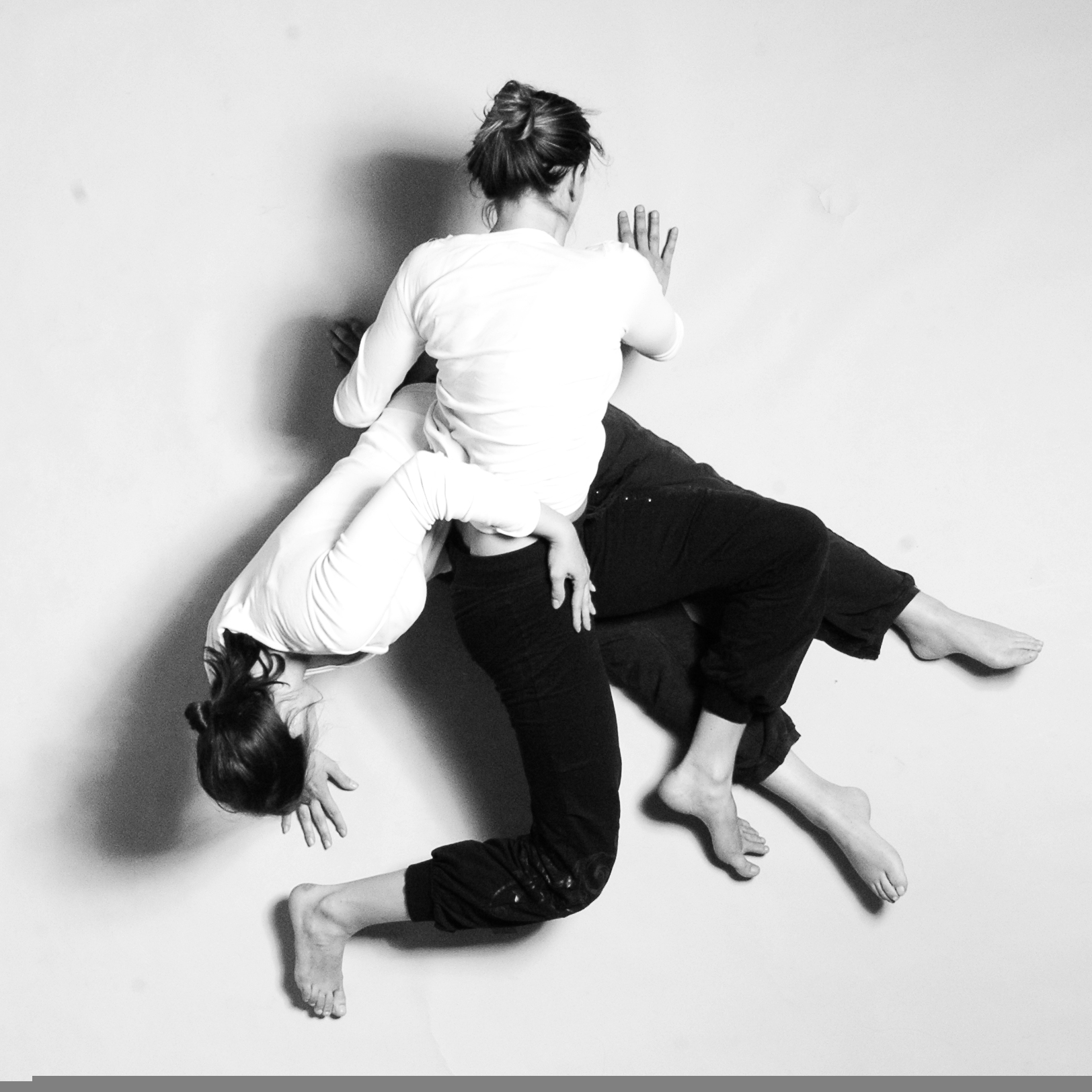Cowboy in ‘flow’ has a much higher chance to survive…
by Tibi Moravcik
One of the most characteristic qualities of life is movement, adaptability – response to surroundings…
Often even our lives depend on the quality of our response. Therefore it would predetermine our success in evolution.
So, no wonder we created many activities to improve our reactions: games, dance, martial arts, sports…
How to make our response quicker and be more successful in life?
We will explain in movements; however, the same principles are valid in the mental area of our being.
Let’s have a deeper look at two different kinds of response to other’s movement:
– reaction
– flow
Where is the difference between reaction and flow?
The reaction usually happens after our mind evaluates an impulse and sends a signal to muscles to take action. So the reaction will always delay. And not accurate, because the object of reaction meantime will be somewhere else. We can try to guess – predict when the object of reaction will be, but the situation often goes a different way as we expect…
Flow is a longer-term activity rather than separate actions.
Instead of a reaction to any particular impulse, we have a connection with other bodies.
The mind is expanded to be connected. In psychology, we call this state of mind ‘flow’.
In the flow, we are not thinking, not trying to guess where the other body will move. We are just in the present and keep connected.
‘Empty your mind. Be formless, shapeless, like water.’ –
Bruce Lee

The reaction usually comes with a focused mind and focused vision.
Flow demands an opened, expanded mind to connect with others. It also helps expanded – peripheral vision to see the whole picture to harmonise better.
When you flow, it’s more important to keep the same rhythm. You don’t try to be quicker. You synchronise, harmonise – movements are relaxed and smooth.
If you can flow with it, you can leave the flow – purposely break the rhythm (important in martial arts).

When you react, you start later, so you try to be quicker than others to catch the time difference.
Therefore reaction is characterised by tension, stress and jerky movements.
If you passively flow with it, you can gently add activity to your motion. You could influence mutual flow.
On the other hand, if you actively react, there is no mutual flow.
Therefore it’s crucial to recognise active and passive movements.
Being aware of reaction and flow can make your response much quicker and accurate, which is very important in sports or fights. Dancers would appreciate a higher level of synchronisation and harmony.
We also respond in normal daily activities. However, a smoother and much more relaxed flow would greatly influence your level of stress and your health generally…

